After several weak years triggered by the COVID pandemic, Chinese auto sales surged to a new record nearly twice that of the U.S. market. And strong demand for EVs and hybrids played a critical role, according to industry data. Meanwhile, Chinese auto exports also surged to record levels. More from Headlight.News.
The world’s largest automotive market became even bigger last year, Chinese motorists purchasing a total of 31.4 million vehicles, an all-time record, according to data released Monday by the China Association of Automobile Manufacturers, or CAMI.
Several factors contributed to the strong demand – which rebounded after several weak years triggered by the COVID pandemic. A government program aimed at getting older, dirtier vehicles off the road helped kick-start demand. EVs and other electrified vehicles collectively served as another driving force,, sales soaring 40% during 2024 compared to prior-year levels.
“New Energy Vehicles” also played a role in boosting automotive exports to record levels, accounting for more than one in four of the 5 million Chinese-made products.
Putting the U.S. in the rearview mirror
China’s car market has outpaced other markets, including the U.S., for same time, and accounted for more than a third of all vehicles sold worldwide in 2024.
All told, Chinese motorists purchased 31.282 million vehicles in 2024, an increase of 3.7% compared to 2023, CAMI announced.
By comparison, Americans bought 15.95 million new vehicles last year, a much more modest 2.1% increase – though that also marked the best industry performance since 2019, before COVID.
While final details weren’t yet broken out, domestic brands, such as BYD, Geely and Great Wall took a majority stake in the Chinese market in 2024, reversing the traditional hierarchy of manufacturers. That has created significant strain for foreign brands such as General Motors and Volkswagen, which long dominated China’s sales charts. And it was a factor both Honda and Nissan pointed to last month when confirming plans to merge in 2026.
New Energy Vehicles power up demand
Beijing helped drive the strong surge in demand for instituting new sales incentives meant to get old, polluting vehicles off the road and switch motorists into cleaner, more modern products.
That was clearly apparent in the surging demand for vehicles falling under the New Energy Vehicles program – EVs, plug-in hybrids and fuel-cell vehicles. They collectively grew sales by 40% last year, and conventional hybrids, not included in the NEV mandate, also saw strong growth.
Sales of conventional gas and diesel-powered vehicles took a 17% dip for the year, falling from 14 million to 11.6 million. They accounted for just 51% of the Chinese market for all of 2024, with experts forecasting that New Energy models will take a majority stake this year.
As in the U.S. and other markets, demand grew rapidly for plug-in hybrids, reflecting buyer concerns about both range and access to public charging.
More Auto News
- Tesla Strikes a Delicate Balance Between U.S., China – and Trump
- Western Automakers Losing Ground in China
- GM Posts Massive Loss in China
Exports electrified
Domestic sales weren’t the only ones reflecting growing demand for battery power.
Chinese auto experts came in just short of 5 million for the year, also a record – and a five-fold increase from the beginning of the decade.
Manufacturers like BYD and Geely have put an emphasis on electrified experts and been met with strong demand in places like Europe and Latin America where EVs like the BYD Shark can undercut traditional competitors by thousands of dollars.
Of the exports, NEV-class models accounted for 1.28 million in 2024, a new record, and a 6.7% increase from 2023.
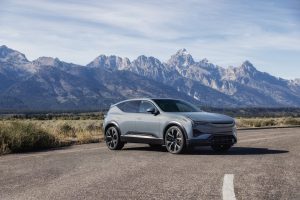
Polestar, a Geely-owned brand, is struggling to work around Biden-era tariffs on Chinese-made EV exports.
Trade wars
What happens in 2025 is far from certain, several observers told Headlight.News. One question is whether the Chinese economy, overall, can keep the car market powered up.
And that could by the trade war that incoming Pres. Donald Trump is threatening to ignite. His predecessor, outgoing Pres. Joe Biden, already quadrupled tariffs on Chinese-made EVs to 100%, effectively closing the market off to all but a handful of products.
Other countries are also considering ways to reduce the surge in Chinese auto exports. The European Union, for one, is in the midst of negotiations that could see it activate strict new tariffs, as well.

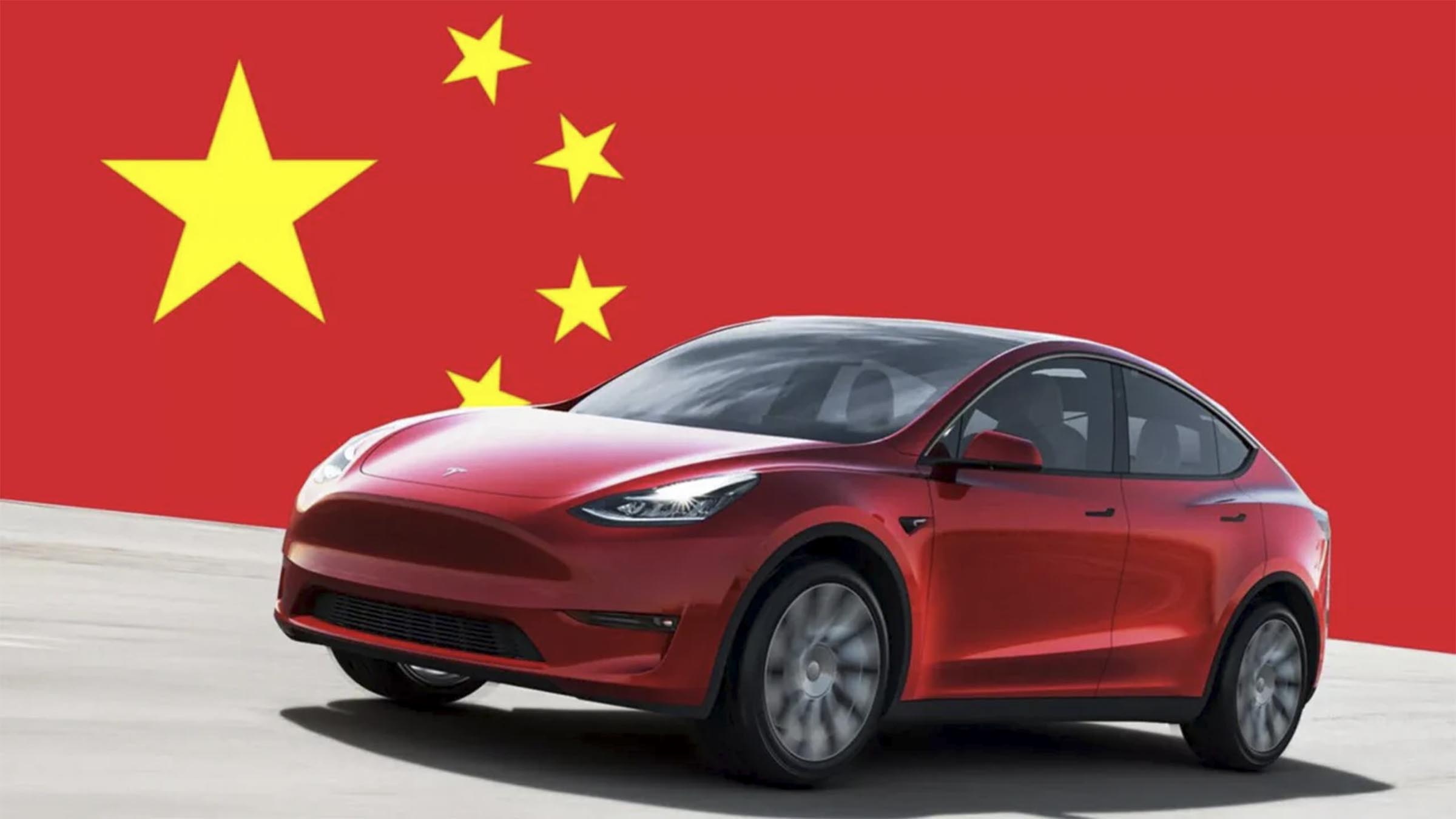
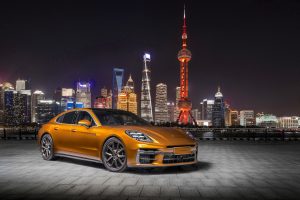
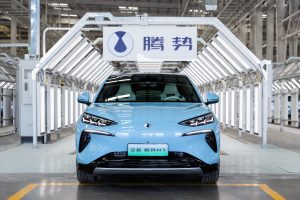
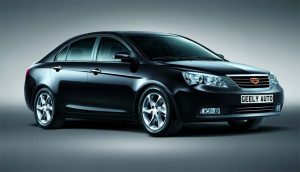
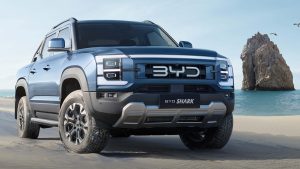
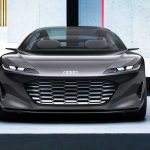
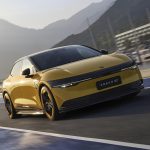


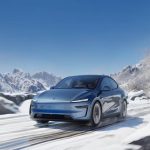

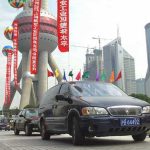
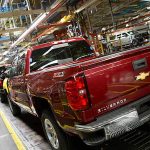
0 Comments